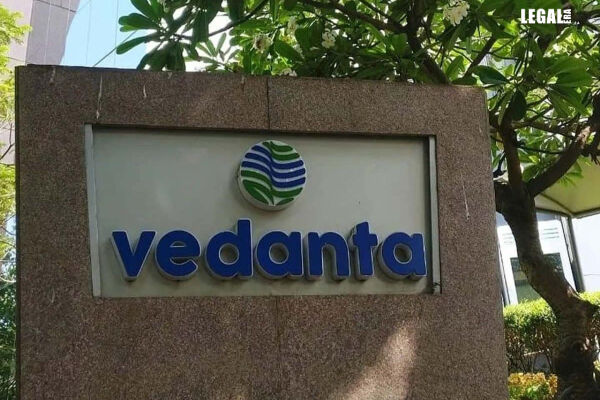
Vedanta infuses Rs.12,500 crore to produce metal for EV sector
The investment will support India’s electric vehicle industry
Vedanta Limited has announced capital expenditure of over Rs.12,500 crore to expand production capacity across aluminium, zinc, ferrochrome and steel.
The expansion covers aluminium smelter capacity, value-added aluminium products, a zinc alloy plant, a roaster set-up for zinc production and ferrochrome capacity augmentation.
Vedanta produces aluminium products such as foundry alloys for wheels, engine blocks and cylinder-heads, billets for battery casings, nickel, ferrochrome, oil and gas, HVAC systems and EV frames. The company also offers low-carbon aluminium under the brand names Restora and Restora Ultra.
Commenting on the development, S. Senthil Kumar, Vice President – Central Purchase, TVS Motors, said, “Aluminium plays a vital role in delivering products that are not only top-tier in performance but also sustainable. The integrity of raw materials forms the foundation of our commitment to efficiency and innovation.”
The company’s research proved that every kilogram of aluminium used in a car reduced overall weight by one kilogram, with 100 kilograms of weight reduction potentially improving 10-15 percent EV range.
Vedanta’s zinc portfolio includes special high-grade zinc, continuous galvanising grade zinc and die-casting alloys. The firm has also developed EcoZen, a low-carbon zinc variant. Zinc is used in galvanised steel for vehicle bodies and in alloys for components.
Abhinandan Singh, Senior Area Procurement Manager Metals, Tata Steel, explained, “Zinc is rapidly becoming an indispensable material in the automotive sector, particularly with the acceleration of EV production. Our enduring collaborations with industry leaders like Vedanta and Hindustan Zinc is a testament to quality and innovation in this critical area.”
Vedanta is India’s primary nickel producer, with most of its output sold in the domestic market. It also produces nickel sulphate, used in nickel-rich cathodes for EV batteries, and holds 40 percent of the market.
Its copper portfolio includes rods and cathodes used in batteries, motors, inverters, wiring and charging systems. EVs use up to three to four times more copper than conventional vehicles. The company’s iron ore, ferrochrome and steel are used in various stages of EV manufacturing.
To further support the EV value chain, Vedanta plans to expand into rare earth elements, graphite, vanadium, manganese and tungsten.